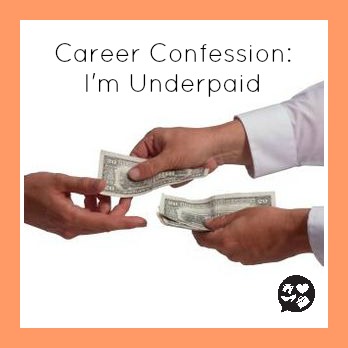So You’re Thinking of Becoming a Chef?

The journey toward becoming a chef is long and treacherous. Make no mistake; you’ll be pushed to your limit to achieve your goal of becoming head chef in respectable restaurant, or even sous chef—if you make it that far. But before you even get to that boiling point, there are plenty of disadvantages you’ll have to come to terms with.
First of all, if you choose to attend culinary school, you’ll likely be incurring a sizable debt to afford the tuition. Once you graduate, you’ll probably be working for something like $12 per hour for the first couple of years if not longer. If your goal is to work for a classy restaurant, time spent as a line cook at somewhere like TGI Fridays will be all but meaningless when applying at the type of place you’d really like to work at. And since when you graduate you will probably need to find a job ASAP, you might have no choice but to accept a position at a chain restaurant.
There’s nothing wrong with any of that if that’s what you want to do, but most aspiring chefs imagine themselves working in an expensive restaurant preparing five-star meals and getting paid dearly. Unless you attend a well-known, well-respected culinary institute, your culinary degree won’t entitle you to an internship in that type of place. In fact, even if you attend the best culinary school in the world, you still have to be excellent in the kitchen in order to even be considered for that kind of workplace. Being well-connected always helps, but there’s no way around working very hard in the culinary industry. That’s the reality of pursuing a career as a chef.
Becoming a Chef
Here are some facts and figures about becoming a chef and what you’re in for.
Chef Image Credit Adan Israel





